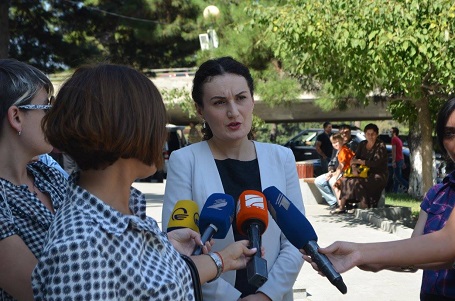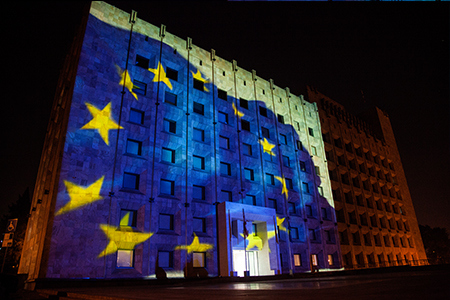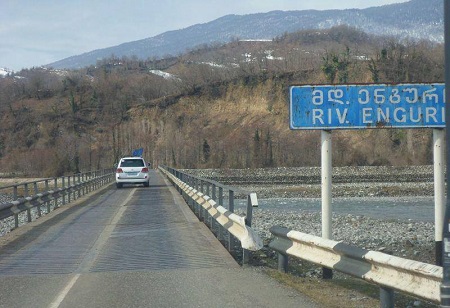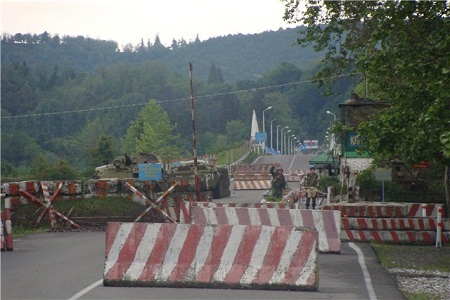Georgia’s Peace Policy aims to improve relations with Abkhazians and Ossetians

State Minister of Reconciliation and Civil Equality Ketevan Tsikhelashvili says visa-free travel to the European Union is an opportunity for residents of Georgia’s Russian-occupied regions to rescue themselves from the captivity of life behind barbed wires.
Tsikhelashvili, who spoke to local media last night, said many of those living either in Abkhazia or Tskhinvali region (South Ossetia) hold a Georgian passport so it is up to them to share in benefits of the EU visa-waiver.
"We feel we are highly responsible for the residents of the occupied regions who are encircled by barbed-wire fences – an obstacle which isolates them from us”, Tsikhelashvili said.
She added that statements by de-facto leaders are not decisive in legal or political matters.
"When the visa-free regime launches, the only indicator [to show whether or not Abkhazians and Ossetians will become more interested in Georgia] will be the attitudes of these people and their increased interest in obtaining Georgian passports”, she said.
Earlier this week the Ministry of Reconciliation and Civil Equality issued an eight-point document describing the Ministry’s Peace Policy.
"The unsettled conflict and the existing situation meet the interests of neither Georgian, nor Abkhazian nor Ossetian societies. That’s why it’s necessary for the peacebuilding process to become more dynamic”, the document said.
The Ministry’s Peace Policy consist of eight points:
- To ensure and provide for peace
- The de-occupation of Georgian territory and de-escalation in relations with Russia
- Setting up a direct dialogue with the Abkhazian and Ossetian communities, as well as confidence-building reconciliation with them
- Cooperation based on mutual interests
- Taking care of the people affected by the conflict
- Increasing access for the residents of the occupied areas to Georgian state services
- Sharing with them the benefits of getting closer to the EU and other partners
- Mobilising international support for Georgia’s Peace Policy
 Tweet
Tweet  Share
Share



